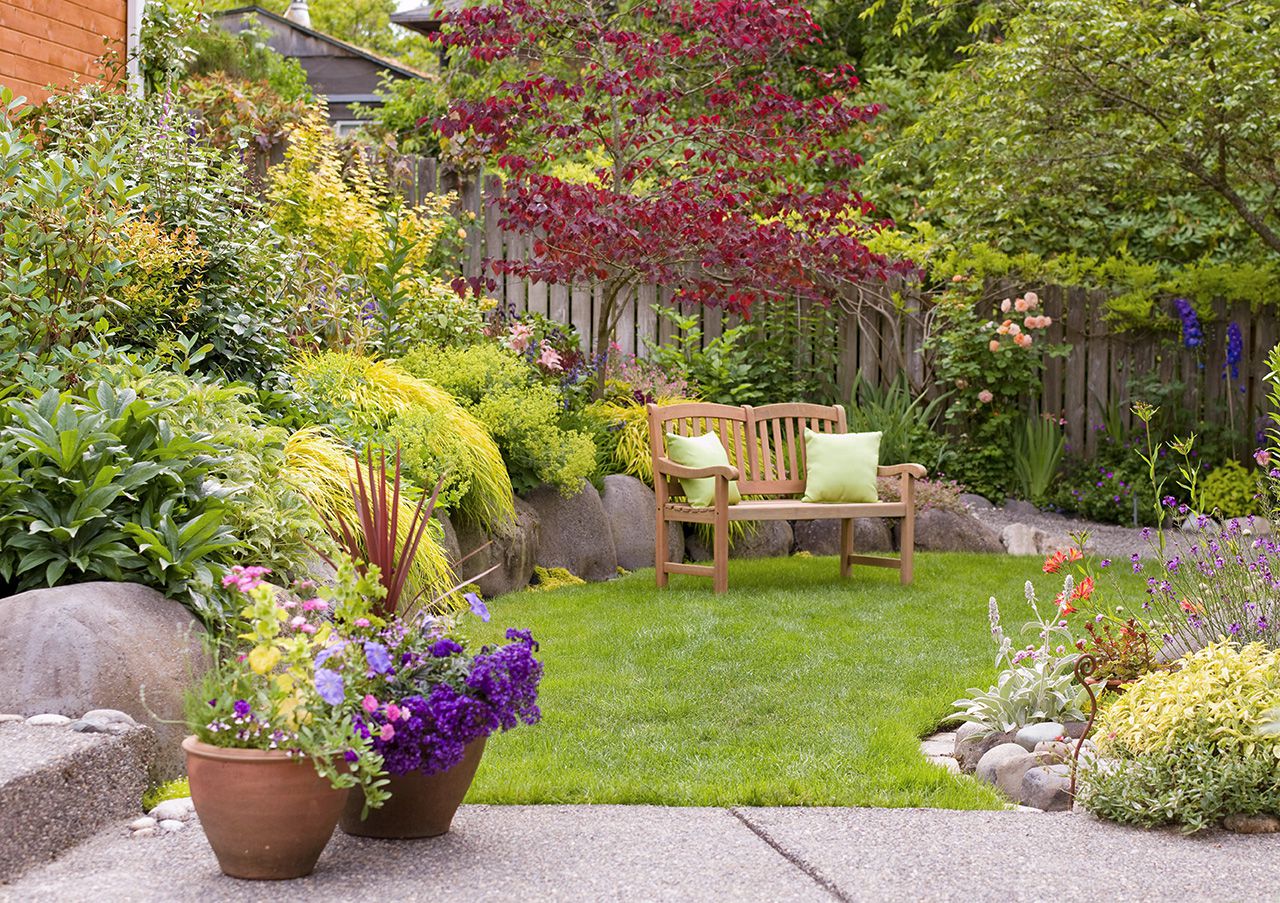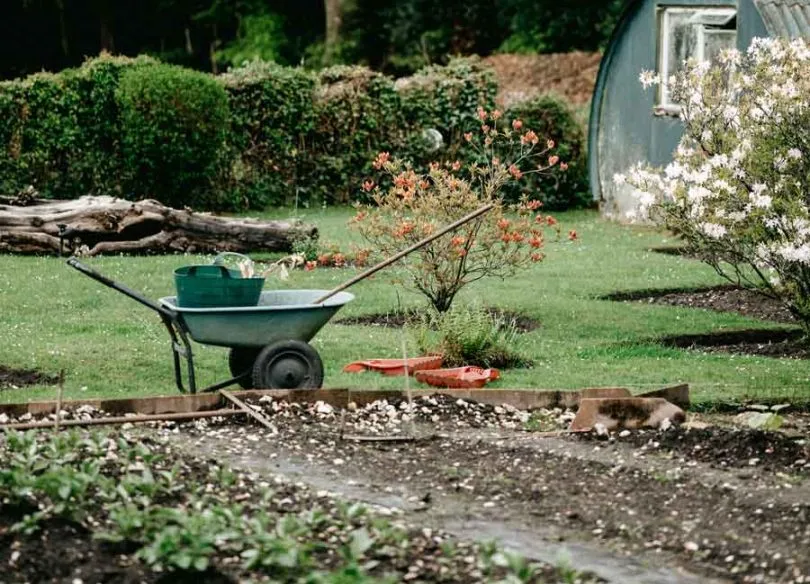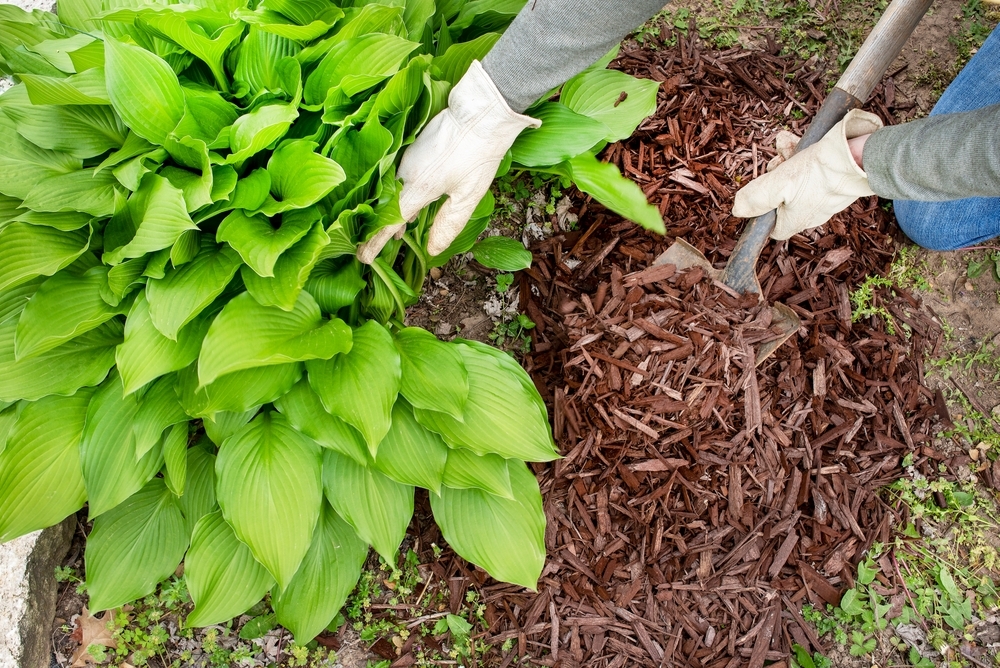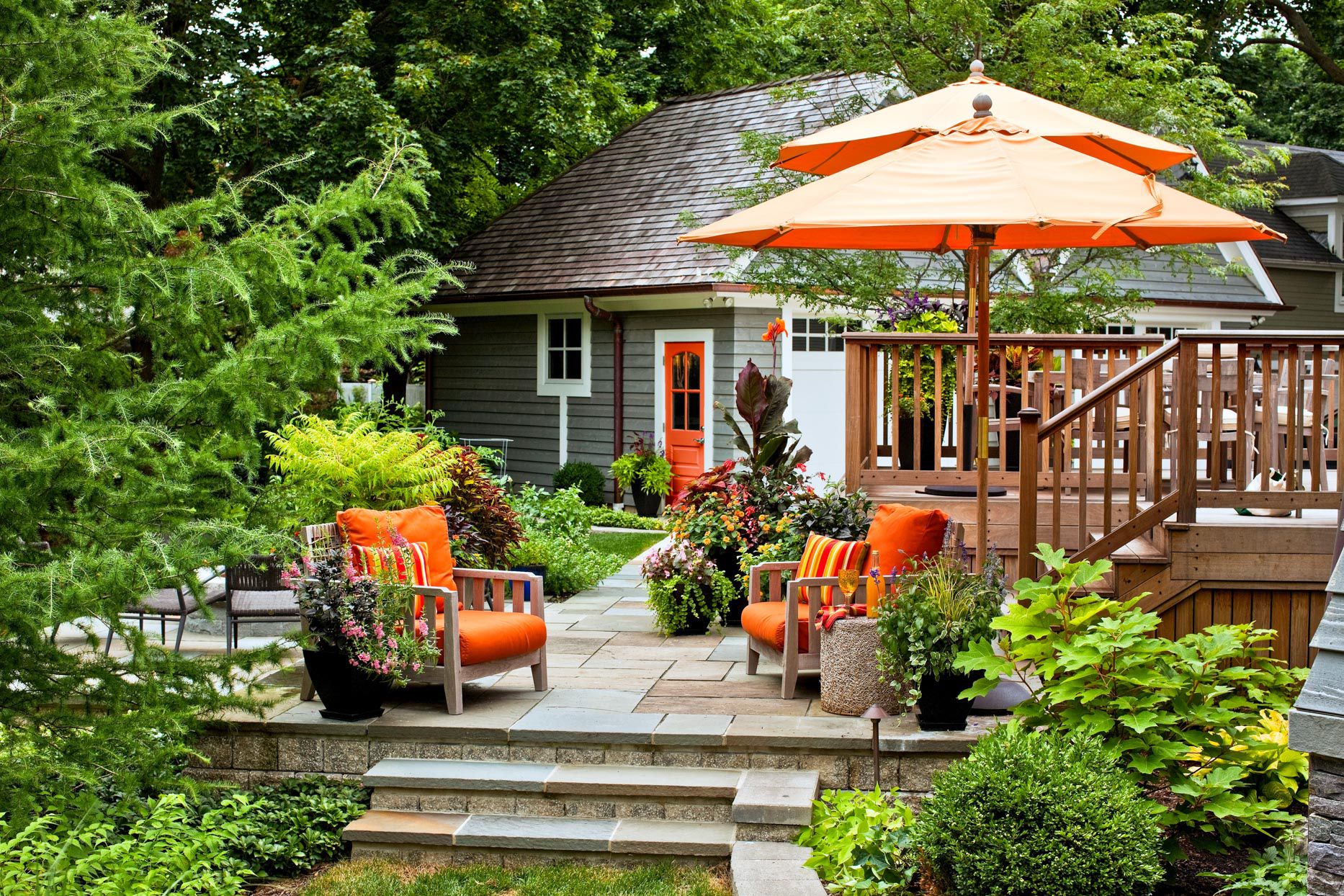Growing Herbs and Vegetables at Home
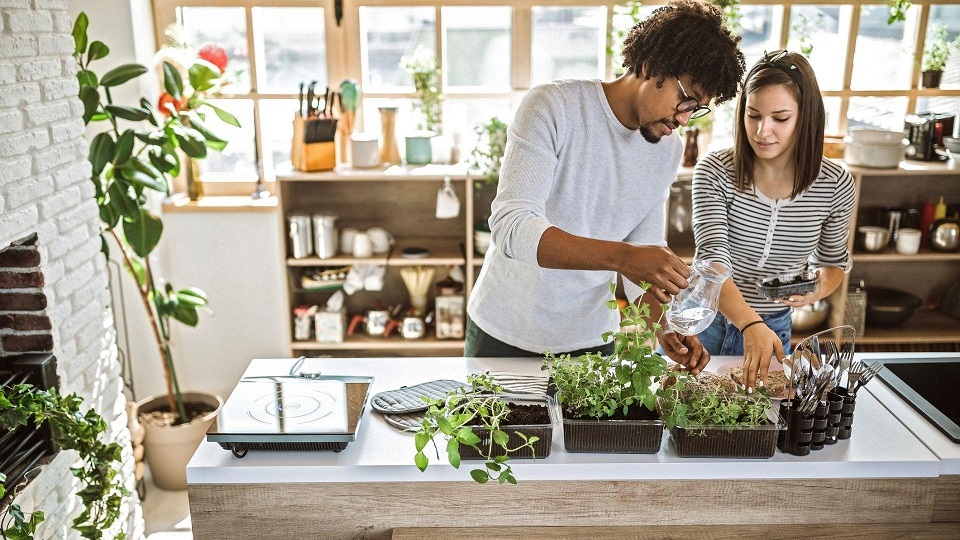
Anúncios
Growing your own herbs and vegetables at home has many benefits, including access to fresh, organic foods and helping you connect with nature. It’s a fun and long-lasting hobby that gives you control over what you eat and lets you enjoy gardening.
1. Why Growing Herbs and Vegetables at Home is a Good Idea?
Fresh Organic Fruits and Vegetables:
When you pick herbs and vegetables from your garden, you enjoy unparalleled freshness and taste. You can rest assured that your herbs and vegetables are free from harmful chemicals or pesticides. This will help you live a healthier life.
Anúncios
Save Money:
You can save a lot of money if you grow your own herbs and vegetables instead of going to the market every week to buy them. It’s an inexpensive way to enjoy a variety of delicious meals.
Connect with Nature:
Gardening is a relaxing activity that can help people feel more connected to nature. Taking care of your plants, watching them grow and helping them through every stage of their life will give you a sense of accomplishment and happiness.
Anúncios
2. Choose the Right Vegetables and Herbs
Think about where You Want to Grow:
See how much space you have in your garden or balcony to determine how many herbs and vegetables you can grow and which varieties you can grow.
Choose Herbs and Vegetables that You Use Often:
Choose herbs and vegetables that you regularly use in cooking to get the most out of what you grow at home.
Know when Plants are Ready to Grow:
Know when and where each herb and vegetable grows best so you can plan your garden properly.
3. Prepare the Planting Area:
Choose a Sunny Spot:
Choose a spot that gets at least 6 to 8 hours of sun per day, as most herbs and vegetables grow best in full sun.
Use Good Quality Soil and Compost:
For best plant growth, prepare the soil with a potting soil or fertile, easily draining garden soil mixed with compost.
Ensure Good Drainage:
Make sure the pots and terrace have good drainage, so that the roots do not become soggy.
4. Grow from Seed or Seedlings:
Why Starting with Seed is a Good Idea:
Growing herbs and vegetables from seed gives you a lot of options and can be very satisfying.
Why Using Seedlings is a Good Idea:
When you use seeds you save time and speed up the growing season as they mature.
Put the Seeds and Seedlings together:
You may want to mix seeds and seedlings to add variety to your garden and extend harvest time.
5. Give Them Enough Water
Create a Watering Schedule:
Create a watering schedule for your herbs and vegetables that suits their needs and make sure they get enough water.
Use of Drip or Flood Irrigation:
Consider using a drip irrigation system or soaker hose to water plants regularly and effectively.
Monitoring Soil Moisture:
Regularly check the moisture of the soil so that the plants do not get too much or too little water.
6. Add Fertilizer for Optimal Growth
Know Your Nutritional Needs:
Find out what nutrients each herb and vegetable needs so you can give it the right fertilizer.
Use Organic Fertilizers:
Choose organic fertilizers to add natural nutrients to the soil and help plants grow better.
Stick to a Feeding Schedule:
Follow a feeding schedule to ensure your herbs and vegetables get the nutrients they need as they grow.
7. Eliminate Bugs And Diseases
Implement Natural Pest Control:
Use natural methods to repel pests such as neem oil, diatomaceous earth and companion plants.
Use Companion Plants to Kill Pests:
Do your garden good by mixing herbs and vegetables with plants that naturally repel pests or attract insects.
Rapid Detection and Treatment of Diseases:
Check your plants regularly for signs of disease and take immediate action to prevent them from spreading.
8. Harvest Herbs And Vegetables
Harvest at the Right Time:
Herbs and vegetables are picked at their best for maximum flavor and health benefits.
Use the Right Harvesting Techniques:
For herbs, use sharp scissors or pruning shears; for vegetables, gently twist or cut them from the plant.
Encourages Growth for Continuous Harvesting:
Picking often and stimulating new growth will keep the plant growing.
Conclusion:
Growing herbs and vegetables at home is a fun and rewarding activity with many benefits. By picking the right plants, caring for them properly, and enjoying the fruits of your labor, you can have a thriving garden that adds color and flavor to your life.
FAQs:
1. Can I grow herbs and vegetables indoors?
Yes, many herbs and vegetables can be grown indoors near a window in full sun or under grow lights. Choose varieties that are compact and suitable for indoor growing.
2. How much space do I need to grow herbs and vegetables?
The space required will depend on the number and types of herbs and vegetables you want to grow. Even small containers or vertical gardens can accommodate a variety of plants.
3. What are some good beginner herbs and veggies to grow?
Basil, mint, tomatoes, lettuce and green beans are popular herbs and vegetables that are relatively easy to grow for beginners.
4. Can I use kitchen scraps to grow new herbs and vegetables?
Yes, you can replant certain herbs and vegetables such as spring onion, celery, and garlic from kitchen scraps.
5. How often should I water my herbs and vegetables?
How often you water depends on several factors, including plant species, climate and growing medium. Check the soil moisture regularly and water when the top inches feel dry.
